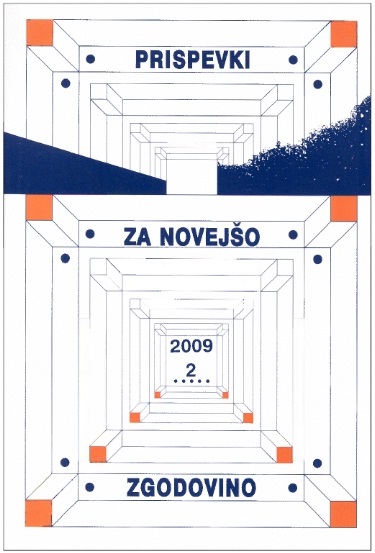Partizansko sodstvo v Sloveniji med drugo svetovno vojno: kaznovalna politika in vprašanje smrtnih kazni
Judiciary of the Partisan Movement in Slovenia During World War II: Punishment Policy and the Question of Death Sentence
Author(s): Tadeja Tominšek ČehulićSubject(s): History of Law, Civil Society, Political history, Penology, WW II and following years (1940 - 1949), Penal Policy, Sociology of Law
Published by: Inštitut za novejšo zgodovino
Keywords: Slovenia; World War II; liberation movement; judiciary; punishment policy; death sentence;
Summary/Abstract: In the following discussion, on the basis of archive sources and the database of the Institute of Contemporary History in Ljubljana entitled Death toll in the population on the territory of the Republic of Slovenia during WWII and immediately afterwards, the author sheds light on the issue of the organisation and activities of the partisan movement judiciary during World War II. The discussion focuses on the question of the punishment policy and its consequences, especially for the civilian population but also for the partisans. Before August 1943, in Slovenia the partisan movement (military) judiciary was only limited to certain regions, carrying out very simplified and swift judicial proceedings, and even these only periodically. Therefore the research will be limited to the period after the Italian capitulation in the autumn of 1943.
Journal: Prispevki za novejšo zgodovino (before 1960: Prispevki za zgodovino delavskega gibanja)
- Issue Year: 49/2009
- Issue No: 2
- Page Range: 83-94
- Page Count: 12
- Language: Slovenian

